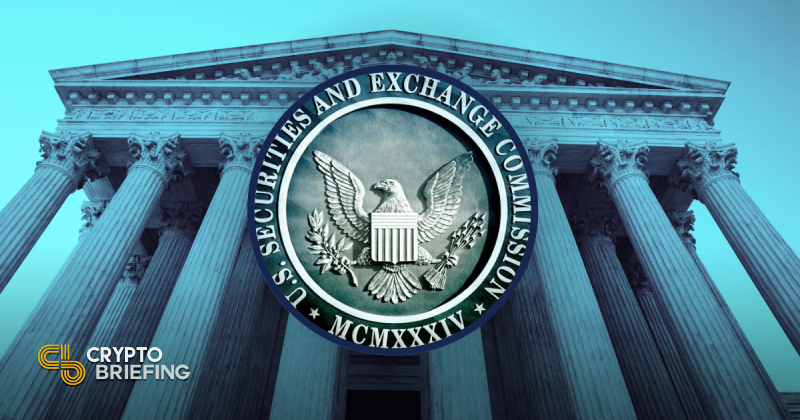Important points
- The SEC has filed an appeal brief against a court ruling that says XRP is not a security when sold to retail investors.
- The SEC is seeking to overturn the district court's ruling and classify all XRP sales as unregistered securities.
Share this article
The SEC on Wednesday filed opening briefs in an effort to ask the U.S. Court of Appeals for the Second Circuit to overturn a previous court ruling that ruled XRP was not classified as a security when sold to retail investors.
In a July 2023 ruling, U.S. District Judge Annalisa Torres distinguished the sales of XRP, holding that sales on exchanges are not securities, but sales to institutional investors are. . Following this ruling, a final judgment last August ordered Ripple to pay a $125 million civil penalty for institutional sales of XRP.
The SEC subsequently decided to proceed with an appeal aimed at challenging the court's ruling that secondary market sales of XRP tokens are non-securities.
In briefs shared by attorney James Filan, the SEC argues that both institutional and retail XRP sales meet the criteria for investment contracts under the Howie test. Regulators reiterated that Ripple's XRP sales, totaling more than $2 billion, were unregistered investment contracts and violated federal securities laws.
This appeal challenges the district court's distinction between institutional and individual investors. The SEC argues that this distinction is inconsistent with the purpose of the Howey test. Standard, this is It focuses on the economic realities of the transaction and what a reasonable investor would understand about the investment opportunity, rather than the specific identity of the seller.
The SEC alleges that Ripple's public marketing campaign facilitated efforts to drive up the price of XRP. Regulators claim the campaign reached all investors, both institutional and retail, so that all buyers had a reasonable expectation of profit based on Ripple's actions.
Therefore, the SEC argues that the lower courts' distinction between “sophisticated” institutional investors and “less sophisticated” individual investors is invalid and violates the Howie Standard.
“All XRP investors, not just the institutional investors who knowingly purchased XRP from Ripple, reasonably expected to benefit from Ripple’s efforts to raise the price of XRP,” the brief states. are. “That distinction violates Howie's objective standards.”
The SEC is also challenging a district court's ruling that Ripple's transactions involving non-cash consideration, including XRP, paid to employees and business partners do not qualify as investment contracts. The appeal argues that these transactions meet the “investment of money” requirement.
Regulators are seeking to overturn a final district court ruling in favor of Ripple and establish that all XRP sales qualify as offerings of unregistered securities.
If successful, the case will return to district court. There, a judge will decide what further action should be taken against Ripple and whether Ripple's management participated in securities law violations when XRP was sold to investors. The SEC is also seeking “additional remedies,” including enhanced penalties.
Share this article

